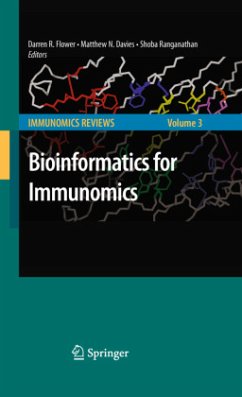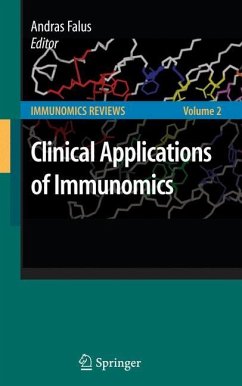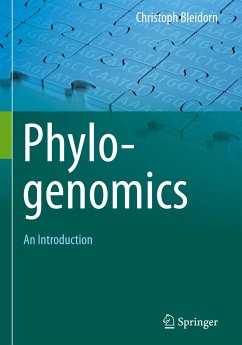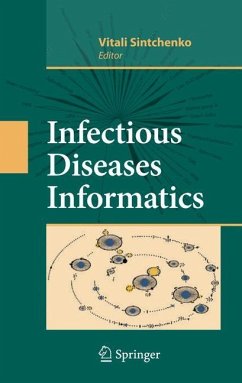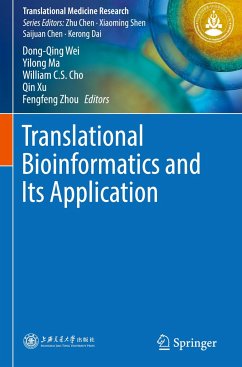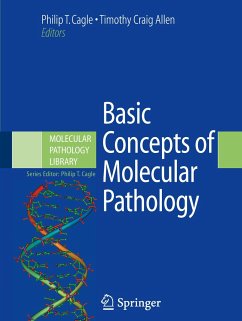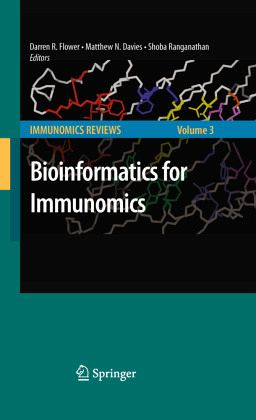
Bioinformatics for Immunomics

PAYBACK Punkte
76 °P sammeln!
The field of Immunomics has developed within the post-genomic era as a response to the massive amount of biological and immunological data now available to researchers. Immunomics crosses the disciplines of immunology, genomics, proteomics and computational biology and address some fundamental problems in biological and medical research. This book covers some of the rich sources of immunological data that are currently available and describes the various bioinformatics techniques that have been utilized to aid our understanding of the immune system. It also describes the nature of the self/non-self distinction that forms the basis of immunological theory and how computational modeling can help to clarify our understanding of how the immune system works.
This is the fourth volume in a series that will be dedicated to publishing advances in immunomics particularly those focusing on systemic and integrative approaches in basic and clinical immunology, immunoinformatics, and immunologically relevant instrumentation and high-throughput screening methods.
This is the fourth volume in a series that will be dedicated to publishing advances in immunomics particularly those focusing on systemic and integrative approaches in basic and clinical immunology, immunoinformatics, and immunologically relevant instrumentation and high-throughput screening methods.
Like many words, the term "immunomics" equates to different ideas contingent on context. For a brief span, immunomics meant the study of the Immunome, of which there were, in turn, several different definitions. A now largely defunct meaning rendered the Immunome as the set of antigenic peptides or immunogenic proteins within a single microorganism - be that virus, bacteria, fungus, or parasite - or microbial population, or antigenic or allergenic proteins and peptides derived from the environment as a whole, containing also proteins from eukaryotic sources. However, times have changed and the meaning of immunomics has also changed. Other newer definitions of the Immunome have come to focus on the plethora of immunological receptors and accessory molecules that comprise the host immune arsenal. Today, Immunomics or immunogenomics is now most often used as a synonym for high-throughput genome-based immunology. This is the study of aspects of the immune system using high-throughputtechniques within a conc- tual landscape borne of both clinical and biophysical thinking.





